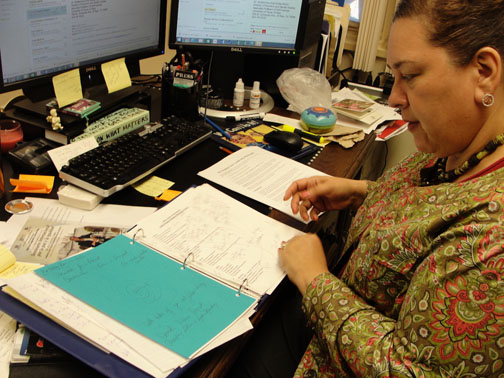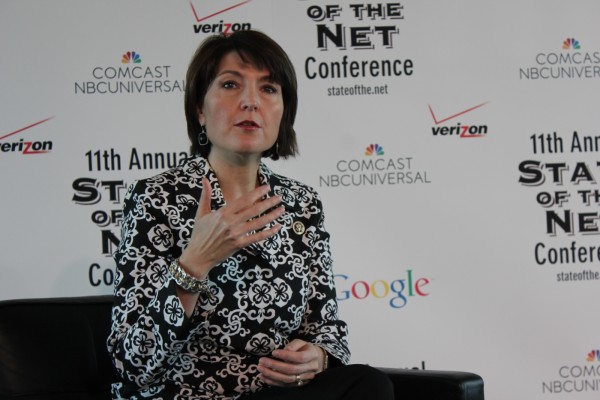New leadership training program recruiting Latinas to empower their communities
|
By Veronica Martinez
EL PASO – A soon-to-be-launched leadership development program called L.E.A.D. (Lead, Educate, Advocate, Develop) is recruiting Latinas who are committed to developing leadership skills to address socio-economic and educational needs of El Rio Grande region for an eight-month program next year. The project between several UTEP programs and the local non-profit organization Wise Latinas aims to identify 10 regional women with drive and initiative who wish to empower their communities and become community leaders, say the organizers. “We’re looking for people who are not just interested in themselves, but people who have the quality of thinking about how to improve the lives of others,” said Dr. Guillermina Nuñez, Director of the Women’s and Gender Studies Program and a member of the L.E.A.D. planning committee. Other organizers of the training are Dr. Areli Chacon, UTEP director of the master’s program of Leadership Studies, Cynthia Marentes, director of Community Engagement at UTEP, and Liz Chavez, president of Wise Latinas International. Participants will meet once a month for a one-day training workshop with experts and academics who have expertise in developing budgets, fundraising, project design, media outreach, conflict resolution and dressing for success.


